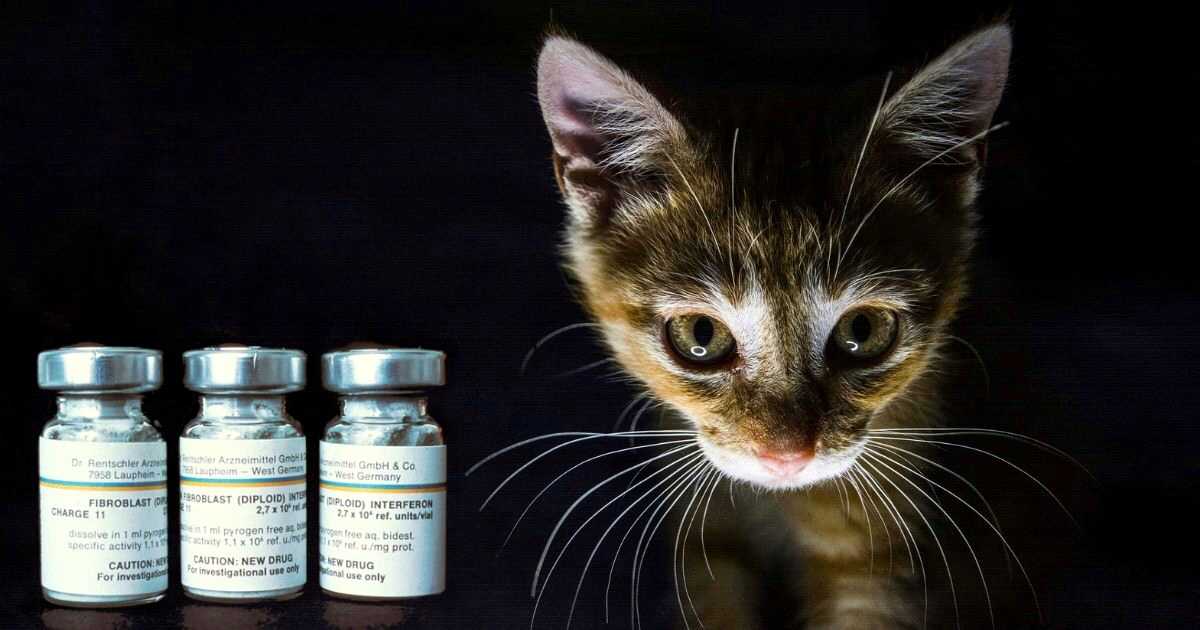Updated November 28, 2020
Find the facts below about dogs and cats and coronavirus COVID-19. Keep checking this page for updates on the situation.
Vets across Australia are open as normal. Walkerville Vet requests that clients:
- Maintain 1.5m from staff and other clients (nurses will hold your pet for examinations)
- Do not pay with cash
- Not attend the clinic if in isolation or even mildly unwell
- Wait on the front lawn if there are 6 or more people in the waiting room
- Come to the clinic alone whenever possible, and without children
Now dive deeper…
Dogs & Cats Are Low Risk
There is no evidence yet of transmission of COVID-19 from dogs and cats to humans.
It is possible however that dogs, cats, ferrets, mink and even large cats can be infected and pass the virus. Here’s what we know so far:
- Dutch mink farmers are believed to have caught COVID-19 from their mink, who were showing an epidemic of respiratory disease.
- There have been two dogs and one cat test positive for COVID-19 in Hong Kong. Each of these was owned by a COVID-19 infected owner. All showed no signs of illness but one dog died a few days after being released from quarantine back to the home. It should be noted that this dog was 17 years old.
- A cat in Belgium that tested positive was reported to have vomiting, diarrhoea, and respiratory signs.
- A letter to The New England Journal of Medicine and a preliminary report from China (neither peer-reviewed) both suggest that cats can be infected and pass COVID-19 to other cats. The first report found that the infected cats had no signs of illness.
- Two cats in New York with respiratory signs tested positive; one had a COVID-19 infected owner, the source for the other was unknown.
- Five tigers and three lions at the Bronx Zoo in New York tested positive for COVID-19. Seven of these had a dry cough.
No other cases have been identified in the world. However, it’s fair to say that with the shortage of tests, dogs & cats probably aren’t being looked at very closely. Even if the virus can infect pets, it must be rare. The important source of infection is other humans.
Pet Care During The Outbreak
Right now, you should continue doing all the things you currently do to care for your pet. That might be feeding, walking, playing and cuddling. It’s always sensible to avoid such things as kissing, sharing food or drink, or not washing hands after touching animals.
There is no reason to change how you handle your dog, cat, ferret, rat or rabbit. This includes people in voluntary isolation without symptoms.
If you suspect you are infected with COVID-19, then it is a good idea to minimise contact. It is best that you keep your pets with you just in case they could pose a threat to other people. It’s also possible that an animal could act as a vector for the virus in the same way that hands or clothing might. However, any risk to humans is likely to be extremely low.
You might also need to make plans for how your pet can be looked after if you require hospitalisation.
You Can (Mostly) Still Go To The Vet
If you are unwell, especially with a fever or cough but even just a runny nose or sore throat, you should stay at home. The same applies for people in compulsory self isolation after travel or contact with an infected person. For everyone else, there is currently no reason to avoid the vet in Australia.
Keeping 1.5 m away from other people and avoiding physical contact are adequate precautions. Hand washing and disinfectants are always available at all vets. Infection control is what we have always done.
If you suspect you are infected with COVID-19, contact your vet to discuss how your animal can still be treated. An animal owned by a COVID-19 positive owner will need to be treated as a potential hazard and therefore the vets will need to be notified first. Some health problems can be adequately managed via video link.
In times like these, it’s important to make good, logical decisions and avoid the scaremongers. Your pets are valuable in sickness and in health, and coronavirus won’t change that.
Related: How To Socialise Puppies During COVID-19
Have something to add? Comments (if open) will appear within 24 hours.
By Andrew Spanner BVSc(Hons) MVetStud, a vet in Adelaide, Australia. Meet his team here.


Thanks Andrew, reassuring advice.